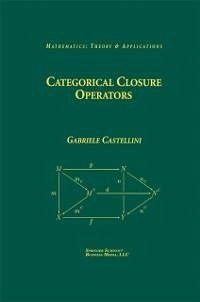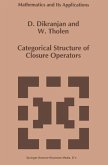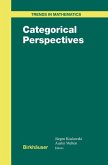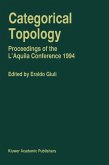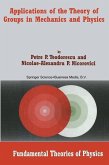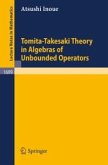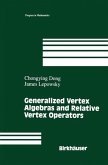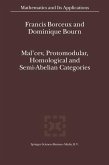This book presents the general theory of categorical closure operators to gether with a number of examples, mostly drawn from topology and alge bra, which illustrate the general concepts in several concrete situations. It is aimed mainly at researchers and graduate students in the area of cate gorical topology, and to those interested in categorical methods applied to the most common concrete categories. Categorical Closure Operators is self-contained and can be considered as a graduate level textbook for topics courses in algebra, topology or category theory. The reader is expected to have some basic knowledge of algebra, topology and category theory, however, all categorical concepts that are recurrent are included in Chapter 2. Moreover, Chapter 1 contains all the needed results about Galois connections, and Chapter 3 presents the the ory of factorization structures for sinks. These factorizations not only are essential for the theory developed in this book, but details about them can not be found anywhere else, since all the results about these factorizations are usually treated as the duals of the theory of factorization structures for sources. Here, those hard-to-find details are provided. Throughout the book I have kept the number of assumptions to a min imum, even though this implies that different chapters may use different hypotheses. Normally, the hypotheses in use are specified at the beginning of each chapter and they also apply to the exercise set of that chapter.
Dieser Download kann aus rechtlichen Gründen nur mit Rechnungsadresse in A, B, BG, CY, CZ, D, DK, EW, E, FIN, F, GR, HR, H, IRL, I, LT, L, LR, M, NL, PL, P, R, S, SLO, SK ausgeliefert werden.

